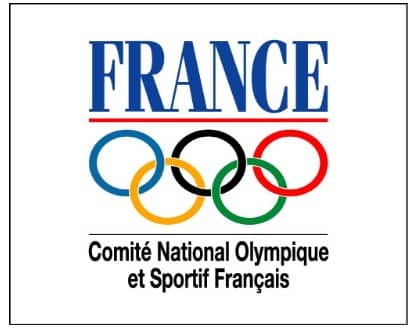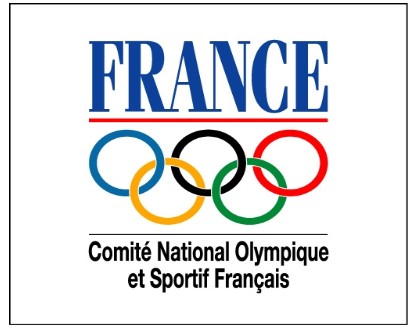The aim is for France to become more competitive but also more egalitarian in sports policy. And as Chantal Jouanno very well explained in the review “Sport et Citoyenneté”, we must above all “put sport at the service of ‘living together’.” Sport in France involves 34 million participants, 15.9 million license holders, 2.5 million volunteers, 180,000 clubs and associations with 250,000 jobs and an annual expenditure of 34 billion euros.

Nice Premium asked Jérôme Vandamme, in charge of sports at UPE06 and the only local from the Azure region to be part of this Assembly, for an explanatory note and some comments.
The changes in sports practices, at both the national and international levels, require rethinking the roles of each actor in the French sports model. This implies the establishment of more flexible governance or regulatory modes, based on a partnership between the various stakeholders.
To outline the main features of this renewed governance, a Sports Assembly was inaugurated with a first public session on March 29. It will last until the end of June 2011 and involves 180 members representing all the stakeholders concerned: the State, the sports movement, local authorities, the business world, and civil society.
The Sports Assembly is expected to become a permanent forum for exchanges and proposals on France’s sports policy.
A first phase is intended to generate reform proposals. It is about revising the articulation of roles among the various actors and clarifying each other’s responsibilities.
Each group will gather personalities from five different colleges, all actors in French sports: the State, the sports movement, local and parliamentary elected officials, businesses, and civil society, “for brainstorming purposes,” says Mrs. Jouanno, who wants to be the “godmother” of the body.
A president for each group will be responsible for coordinating the work.
The conclusions of the Assembly must lead to the establishment of a permanent approach for consultation and joint work among all actors.
Hyperactive, a devourer of files, such as the fight against discrimination, doping, or the potential dangers of online betting to the recurring issue of governance, including the retirement of athletes, Chantal Jouanno has given a decisive impulse to this initiative.
“Sports ministers come and go, and it shouldn’t be that one undoes what others have done,” affirmed the fourth incumbent of the ministry during the Sarkozy era (including State Secretaries).
“The renovation of sports policy must, to succeed, be a long-term effort. The roadmap is clear. It aims to better unite all the concerned actors, define shared national priorities, and better allocate prerogatives and responsibilities.”
Denis Masseglia, president of the CNOSF, was the first to propose the creation of the Sports Assembly in 2008.
But neither the sports movement nor the State was truly ready for dialogue at that time, much less to involve other actors.
Since then, the progress made is impressive.
This diverse presidential panel is an excellent summary of Michel Masseglia’s philosophy, which “calls for overcoming political divides.”
“The French sports model dates back to the 1960s. The involvement of local authorities was not what it is today, not to mention the business world. Sports have changed, but the sports model has not. It needs evolution, renovation, without revolution.”
Sports in France represent a major economic stake, for example, the wealth generated by Euro-2016 and the necessity to renovate parks, stadiums, and halls, as well as a matter of prestige and global influence.
And the creation of this permanent body is an indirect way to ease the debate on sports governance, previously opened by Bernard Laporte, then Secretary of State, who at the time opposed the rigidity of the CNOSF presided over by Henri Sérandour, each claiming primacy in sports policy matters.
Today, wishing to broaden the spectrum of decision-makers and funders, the sports movement has endorsed the idea of a multifaith Assembly, although after initially hesitating over the participation of civil society representatives.


